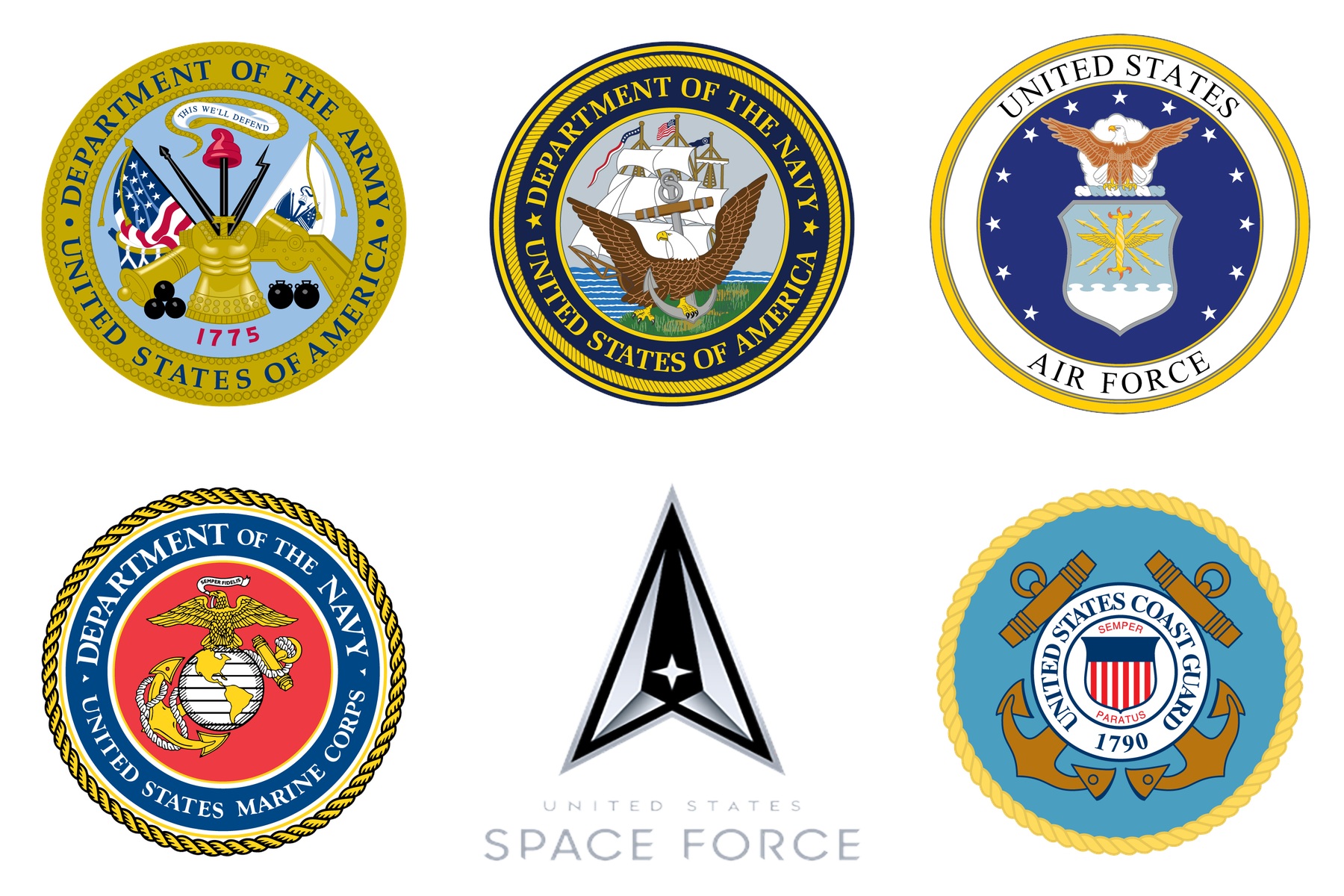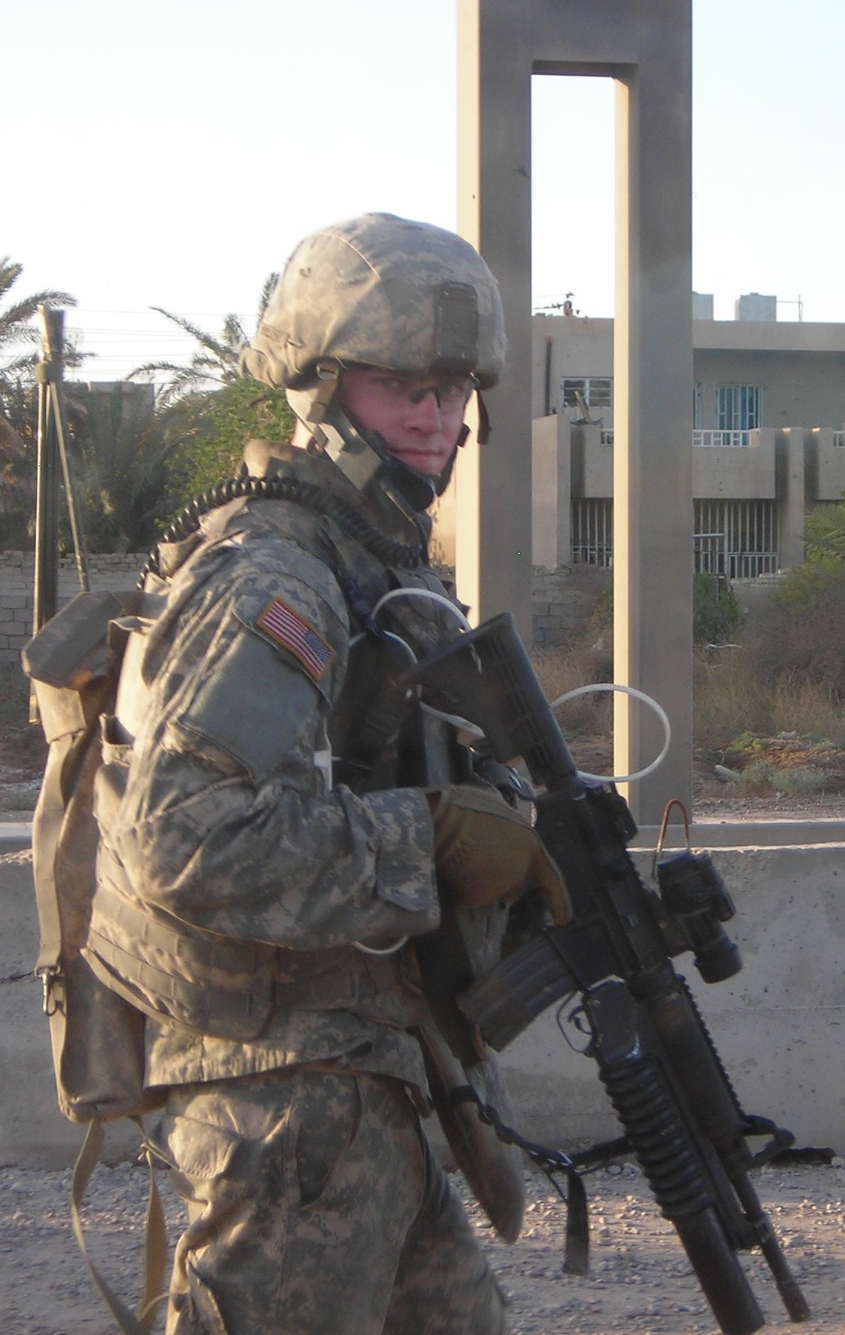VA Home Loan FAQ
What is a VA Home Loan? What are the Benefits?
The VA Home Loan is a benefit earned through military service that helps Veterans, Service Members, and certain surviving spouses buy, build, or refinance a home with favorable terms.
Benefits include: 0% Downpayment, No mortgage insurance (PMI), Lower interest rates than comparable conventional loans.
Do I need a down payment with a VA Loan?
No. One of the biggest benefits is that VA loans require no down payment, making homeownership more accessible.
Do VA Loans require private mortgage insurance (PMI)?
No. Unlike conventional loans with less than 80% loan-to-value, VA loans do not require PMI, which helps keep monthly payments lower.
What is the VA Funding Fee?
The VA Funding Fee is a one-time fee that helps keep the loan program running. The amount depends on factors like your service category, whether it’s your first use, and the size of your down payment. For a Servicemember or Veteran with full eligibility and 0% down payment, the current VA funding fee is 2.15% of the loan amount. The funding fee can be financed into the total loan amount, and does not need to be paid up front.
Why should I pay the funding fee?
Paying the funding fee is often more affordable than delaying your purchase to save for a large down payment, while home prices continue to rise further. It also saves you from paying monthly mortgage insurance, all while letting you start building equity now. For many Veterans, the cost of the funding fee is outweighed by the benefits of having no mortgage insurance payment and lower interest rates.
Who is exempt from the funding fee?
Veterans receiving any VA compensation payments from any service connected disability, no matter the VA rating percentage. Active duty recipients of the Purple Heart medal. Certain surviving spouses.
Click here to learn more about the VA funding fee and exemptions.
Who is eligible for a VA Loan?
Eligibility is generally based on service history, duty status, and discharge conditions. Active duty, Veterans, National Guard, and Reserve members may qualify, as well as certain surviving spouses.
Servicemembers and Veterans with 181 days of active duty federal service (or 90 days during wartime) generally qualify. Veterans of the National Guard and Reserve forces generally qualify after six years of service. Surviving spouses of servicemembers who died while on active duty or from a service connected disability generally qualify if they have not remarried before the age of 57.
What type of Military Discharge qualifies for a VA loan?
Veterans with Honorable or General Under Honorable Conditions discharge status qualify for VA loans. Veterans with General Under Other-Than-Honorable (OTH) Conditions discharges do not automatically qualify, but can qualify in some circumstances on a case-by-case basis.
A Certificate of Eligibility (COE) is a document issued by the Department of Veterans Affairs that shows a Veteran’s exact entitlement and funding fee.
How do I get my Certificate of Eligibility (COE)?
The COE verifies your eligibility for the VA loan program. The fastest way to request a COE is by contacting me via text, call, or email and requesting that I pull your certificate through the Lender's Portal. It can also be requested online from the VA or by mail using VA Form 26-1880.
What is the maximum loan amount for a VA Loan?
There is no overall maximum loan amount for the VA home loan benefit. Approval amounts are based on factors such as entitlement, income, and credit.
What credit score do I need for a VA Loan?
The VA does not specify a minimum credit score to qualify for a VA loan. Lenders do include credit score as a factor when approving a VA home loan, however flexible underwriting guidelines make VA loans more attainable than comparable conventional loans.
Can I use my VA Loan benefit more than once?
Yes. Your VA Loan benefit is reusable as long as you have remaining entitlement, or pay off your first VA loan.
What is Full vs. Partial Entitlement
Full Entitlement: If you have full entitlement, the VA's guarantee is not limited by the county loan amount, and there is no overall maximum limit for a VA home loan with no down payment.
Partial Entitlement: This is when your entitlement has been partially used by a previous VA loan, i.e., you are using entitlement for a second VA loan. In this scenario, your entitlement is calculated based on a county loan limit, which determines how much you can borrow without a down payment.
Can I use a VA Loan to buy a second home or investment property?
VA loans are intended for primary residences only. However, you may use the benefit again for another primary residence in the future. You must intend to live in the home for a minimum of one year. Certain changes in circumstance, such as military orders, can exempt a Servicemember or Veteran from the one year requirement.
What types of properties can I buy with a VA Loan?
You can use a VA Loan to buy a single-family home, condo, townhome, multiplex, or even to build your own home. The property must meet VA appraisal and safety standards. Condos must be listed in the VA Approved Condo List. Multiplex properties are limited to 4 unit properties, and one must be owner-occupied. Projected rental income may be used as qualifying income, with conditions.
Can I refinance my home with a VA Loan?
Yes. The VA offers refinancing options, such as the VA Interest Rate Reduction Refinance Loan (IRRRL) and Cash-Out Refinance, to help lower payments or access home equity.
How does my Basic Allowance for Housing (BAH) affect VA Loans?
BAH can be counted as income to help qualify for a VA loan and may cover part or all of your monthly mortgage payment.
How long does the VA Loan process take?
The timeline varies, but most VA loans close within 30–45 days, depending on the lender and property.
Can I use a VA Loan if I already have a mortgage?
Yes. You may refinance an existing loan into a VA loan or, if you have entitlement remaining, purchase a new primary residence.



